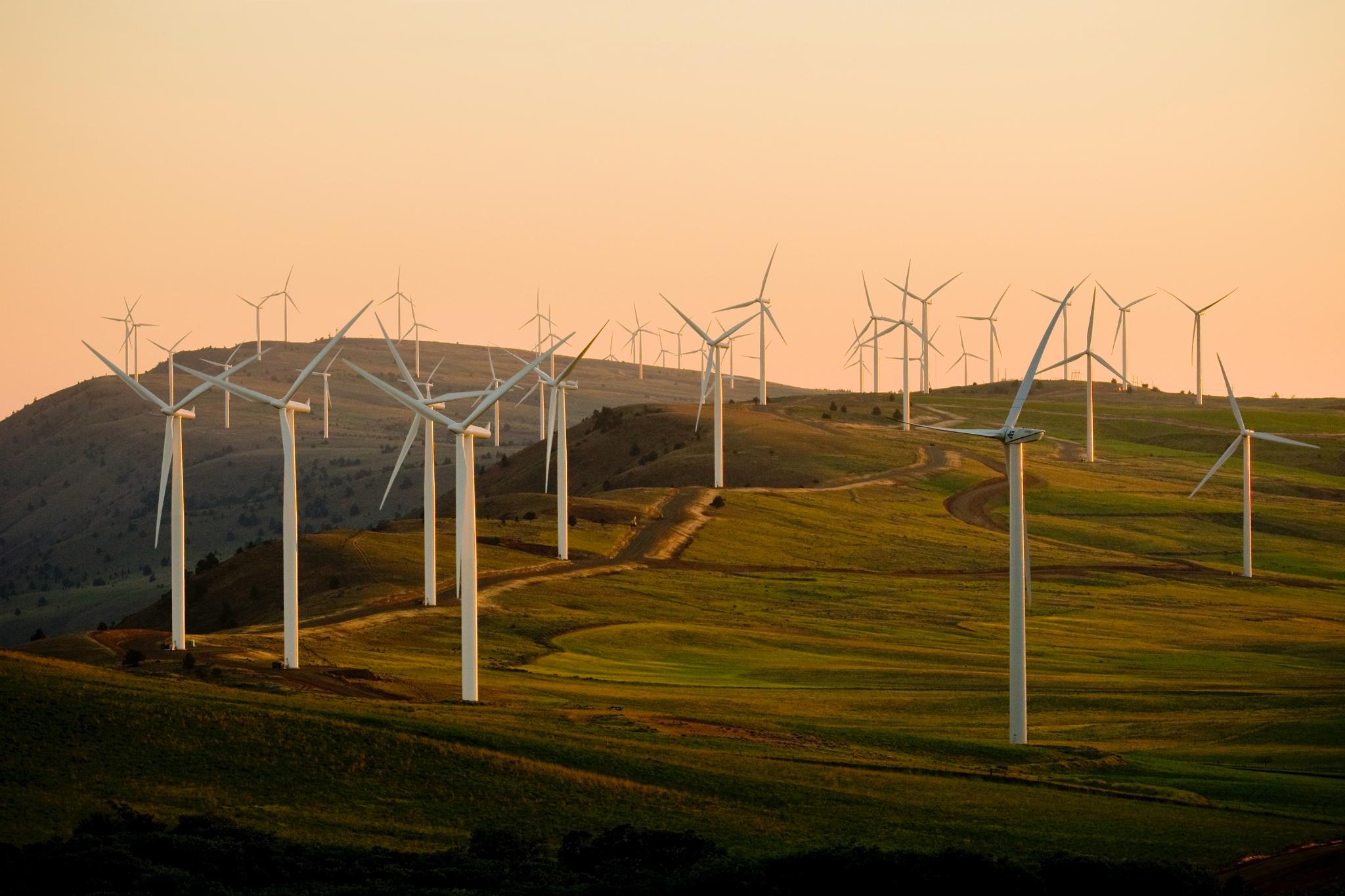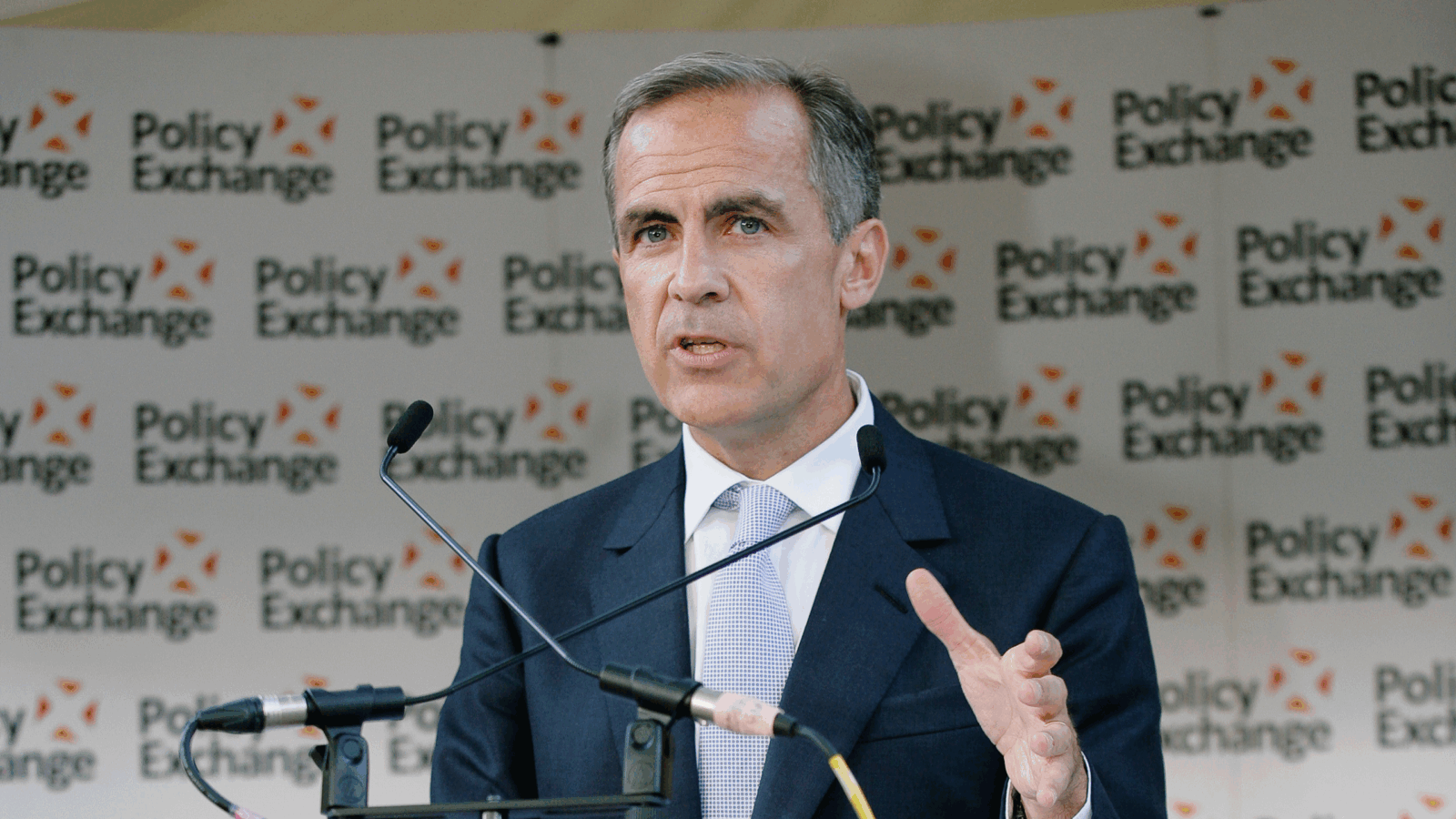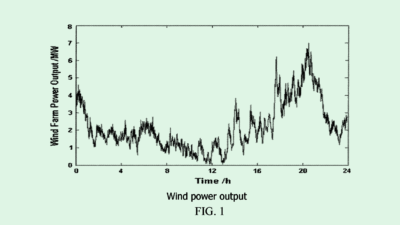
Sign up for smart news, insights, and analysis on the biggest financial stories of the day.
The company that makes waistline-shrinking Ozempic is taking advantage of shrinking valuations for green energy companies.
Novo Holdings, a shareholder with a 77% stake in weight-loss wonderdrug-maker Novo Nordisk, is investing $290 million in renewable energy as stocks in green energy companies take a dip, Bloomberg reported. As Europe’s newly-minted most-valuable company, Novo Nordisk is probably feeling it can afford a roll of the dice.
In the Green
Earlier this month Novo Nordisk launched its weight-loss drug Wegovy (a.k.a. Ozempic) in the UK, a move which boosted the company’s market capitalization above French luxury conglomerate LVMH to make it Europe’s most valuable company.
This coincided with a dip in European renewable energy stocks, as the wind power industry continues to suffer through a financial crisis and solar attracts similar anxieties. Novo Nordisk is unfazed by the short-term nervousness of the market:
- Morten Beck Jorgensen, Novo Holdings’ managing partner for capital investments, told Bloomberg the company is “less sensitive to temporary shake-ups” as it is “able to invest with a long-time horizon.”
- This isn’t a totally new strategy for Novo, in 2021 it struck a partnership to buy up land for wind and solar farms in Denmark — its home country — and Sweden.
While Novo gets brownie points for investing in green stocks when they’re not looking their healthiest, another company is bashfully promising to do better. Candy maker Mars has promised to invest $1 billion over the next three years in an effort to hit net-zero by 2050. This comes after the company admitted it’s made precious little progress towards a goal it set in 2015, to reduce emissions by 27% by 2025. As it turns out, it’s only managed to cut 8%. If only there was a miracle drug for that.
Climate Denial Denial: On Thursday The Wall Street Journal reported on a trove of internal documents from gas giant ExxonMobil, which the WSJ said showed that since 2006 the company has quietly strategized on how it could subtly undermine the idea that burning fossil fuels was warming the planet — despite publicly supporting the scientific consensus on man-made climate change. In a comment to the WSJ current Exxon CEO Darren Woods said: “I know how this information looks — when taken out of context, it seems bad,” which is very much the executive version of: “it’s not what it looks like!”











